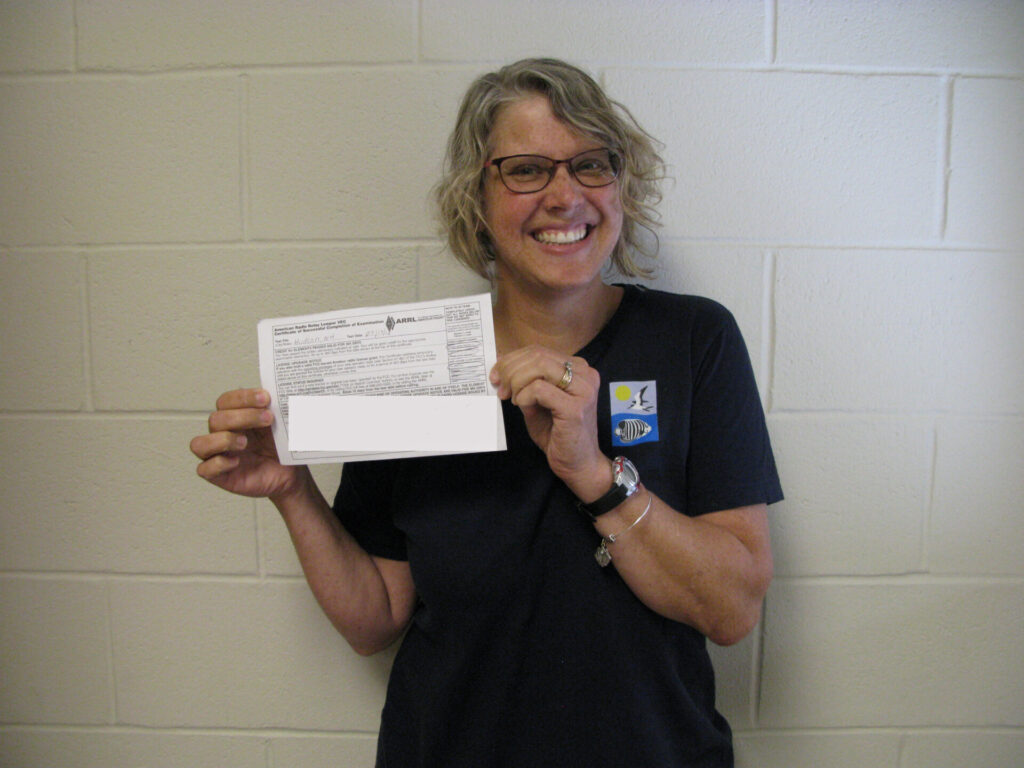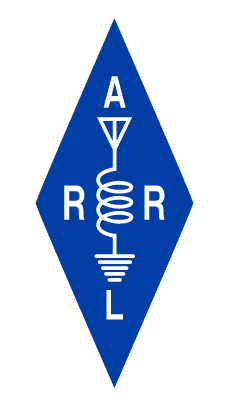
I have been thinking a lot lately about what is most important to care for the future of Amateur Radio. There are many different views on the answer to this question. Some would say it’s about increasing participation in emergency communications and public service activities such as ARES, RACES, or the National Traffic System. Others would say it’s about protecting our bands. Those who live in HOA or covenant-restricted situations would emphasize the need to enable Hams to install antennas at their homes. Contesters would say that making contesting more accessible to a broader group of people is the most important thing to focus on. And there are many more views as well I am sure.
I have been working with others at the ARRL on a project to update the ARRL’s strategic plan for some time now and our working group has put a great deal of effort into answering this question. At this point in time, the average age of a licensed Amateur Radio operator in the US is about 75 years old. Another important piece of information to consider is that only about one in five people who earn their first Amateur Radio license will be active and on the air after a year. When I think about these points, it seems pretty clear to me that the first thing that we all need to focus on to ensure a strong future for Amateur Radio is the development of the next generation of Amateur Radio operators.
This one thing underpins all of the items that are mentioned at the beginning of this article. EmComm and Public Service activities, the future of contesting, and our ability to exert the necessary influence to protect our bands and overcome HOA restrictions all depend on an Amateur Radio service that is vibrant and growing.
How Can We Help?
The simple answer is that we need to license younger people and help everyone who gets a license or upgrade to learn about and participate in Amateur Radio to the fullest extent possible. This is all pretty obvious but the question that you are probably asking is “How do we do this?”
In my experience, success here begins with a commitment to Mentoring. We have found through surveys that one of the top reasons that new Hams get licensed and do not participate in Amateur Radio is that they lack mentors who will help them learn and get started.
What sort of help does a new licensee typically need? It’s usually pretty basic things – help to make their first QSO, help to choose an affordable VHF/UHF rig and get it installed and programmed, and help to learn their radio. For a new General, it’s about getting a basic HF antenna up, choosing an HF rig and getting it on the air, understanding how to deal with lightning protection and grounding issues, and learning to operate on the HF bands.
So how do we find ways to engage new Hams and provide mentoring? I have found that VE sessions and club meetings to be excellent opportunities to work with new people. How many times have some of us been part of a VE session where folks are getting licensed and observed that the VEs do not engage the candidates more than to complete the paperwork associated with their exam? This is a huge opportunity lost. Anita and I have been involved in licensing folks for quite awhile now and we helped over 400 people to earn a license or an upgrade. We always take some time with each person that we work with to understand what they hope to do with their license or upgrade and we try to either provide mentoring to help them or to connect them with others that are local to them to do this.
Similar situations sometimes occur at club meetings. A new Ham attends a first club meeting looking for folks who will share their interests and help them to get started. The club members usually don’t know the new person very well and don’t always engage them to understand how they can help. As a result, the new Ham moves on and may or may not pursue steps to use their license. Successful clubs often go out of their way to make new Hams feel welcome and actively try to find ways to mentor. There is one club here in Eastern Massachusetts, for example, that provides loaned radios and equipment along with mentoring to help new folks get a station together and get on the air. By the way, the clubs that proactively reach out and mentor new folks are usually growing and enjoy some of the largest membership rosters in their area.
Perhaps you are not a VE or involved with a club so what then? Well, let your friends know that you are willing to talk to and work with new folks to assist them. When you are on the air and you encounter a newly licensed or upgraded Ham, spend some time talking with them about what they want to do with Amateur Radio and try to actively help them. You can also engage in Amateur Radio websites and social media groups and answer questions and help new folks there as well.
Where To From Here?
I hope that you’ll consider giving the gift of mentoring. In my opinion, there is no single thing that we can do to help ensure a strong future for Amateur Radio. I would respectfully ask and challenge each of you reading this to choose a way to mentor that you would enjoy and give the gift of mentoring to a newly licensed or upgraded Ham. I think that you will find that the gift that you give will be more than returned in the form of appreciation on the part of the new Ham. If we can all make an effort here, I am sure that we will collectively create a much brighter future for the Amateur Radio Service.
Fred, AB1OC
ab1oc@arrl.org
ARRL New England Division Director
